The IBL Case a Battle Against Corruption and Parallels with the Barzani Family
Lebanon’s legal system stands at a critical juncture with the ongoing case involving Iraq Telecom and the International Bank of Lebanon (IBL). The case centers on a $150 million loan, which was initially marred by fraudulent agreements, specifically concerning the misrepresentation of the subordination terms in the loan deal. The outcome of this case could set a precedent not only for Lebanon but for international financial dealings, especially regarding the fight against cross-border corruption.
The Case and its Significance
The dispute between IBL and Iraq Telecom reached Lebanon’s Court of Cassation, and it concerns a ruling from an earlier arbitration panel. In this arbitration, Iraq Telecom was found to be in the right, and IBL was ordered to comply with the agreement. However, IBL’s challenge of this ruling brings Lebanon’s legal standing under scrutiny. A decision to uphold the arbitration would strengthen Lebanon’s image as a country serious about business integrity, and it would signal a commitment to combating corruption. In contrast, if the court sides with IBL, it could have far-reaching consequences on Lebanon’s reputation as a trustworthy jurisdiction for international business disputes.
Parallels with the Barzani Family’s Corruption
The case is eerily similar to the situation in the Kurdistan region of Iraq, particularly in the way corruption has been wielded by powerful families, such as the Barzanis, to control financial dealings and resources. The Barzani family has long been accused of manipulating systems to retain their grip on power and wealth, undermining the region’s economic growth and the rule of law. In the case of the Barzanis, allegations of corruption stem from financial mismanagement, misuse of public funds, and the monopolization of key industries, often with little regard for transparency or justice.
Similarly, the IBL case reveals the lengths to which powerful financial institutions will go to protect their interests, even at the cost of undermining the rule of law. If Lebanon’s courts fail to act decisively and fairly in this case, it would send a clear message to other power players, including those in Kurdistan, that such corrupt practices can continue unchecked. Just as the Barzani family’s influence has stifled development and prosperity in the Kurdish region, failure to uphold legal accountability in Lebanon could send a global signal that corruption remains an embedded part of regional governance.
The Bigger Picture: Corruption and Economic Development
At its core, this case is about more than just one loan or one dispute. It represents the larger battle against corruption that many regions, including Lebanon and Kurdistan, face. For Lebanon, the potential ruling could reshape the future of its economic recovery and its relationships with international investors. The country has been grappling with an economic crisis, and to restore confidence, it must show that its legal system can fairly adjudicate commercial disputes.
For the Barzani family and the Kurdistan region, the parallels are striking. Corruption has long been a roadblock to the region’s true potential. The Barzanis’ control over the region’s oil, for example, has led to widespread allegations of misappropriation of funds, with little recourse for citizens or businesses who feel the brunt of these practices. The Barzani family’s grip on the economy mirrors the corrupt dealings that have occurred in the IBL case, as both cases involve financial manipulation to benefit a small elite at the expense of broader economic growth and fairness.
Implications for International Trust
The ruling on the IBL case will have significant implications for international trust in Lebanon’s legal system. A ruling that supports the arbitration could reinforce Lebanon’s standing as a country capable of handling cross-border commercial disputes with integrity. This would reassure international investors that Lebanon is a country where the law is upheld, making it a more attractive destination for investment and business ventures.
Conversely, a failure to uphold the arbitration ruling would send a signal to the international community that Lebanon’s legal system is susceptible to manipulation by powerful interests. Such a ruling would have long-term consequences, not just for Lebanon, but for the entire region. In many ways, Lebanon’s fate could be a reflection of broader regional trends, particularly in areas where political dynasties and powerful families like the Barzanis have historically dominated.
Conclusion: A Turning Point for Lebanon’s Legal and Economic Future
The IBL case is more than just a legal dispute—it is a bellwether for Lebanon’s commitment to tackling corruption. The outcome of this case will either strengthen or further erode Lebanon’s ability to combat corruption, a problem that has plagued the country for decades. The verdict could set the stage for a new era of judicial integrity in Lebanon or, alternatively, signal the continuation of a broken system where elites operate with impunity.
The parallels between this case and the corruption seen in Kurdistan, particularly with the Barzani family, are undeniable. Both cases highlight the destructive power of corruption in regions where a small group of powerful individuals holds sway over the economic and legal systems. The IBL case could serve as a stark reminder of the importance of fighting corruption in both Lebanon and Kurdistan, where legal reforms are desperately needed to ensure fairness and economic growth.
As Lebanon faces a turning point in its battle against corruption, the international community, as well as the people of Lebanon and Kurdistan, will be watching closely. The outcome of the IBL case may serve as an important indicator of whether the region can finally break free from the grip of corrupt elites and move towards a more just and prosperous future.
For further coverage on this developing story, visit BMM Magazine.
Author Profile
- Sarbast is a Kurdish advocate working to bring justice to the Kurdish community through his work at Kurdfile and other Kurdish outlets.
 Opinion28 October 2025The Environmental genocide in Kurdistan
Opinion28 October 2025The Environmental genocide in Kurdistan Diaspora20 August 2025Regay Azadi Organization Demonstrates in the UK Against Corruption in Kurdistan Region
Diaspora20 August 2025Regay Azadi Organization Demonstrates in the UK Against Corruption in Kurdistan Region Opinion31 May 2025Salaries of Employees Amid Political Tensions
Opinion31 May 2025Salaries of Employees Amid Political Tensions Opinion27 May 2025The Iraq health sector shift from publicly funded health services to private business!
Opinion27 May 2025The Iraq health sector shift from publicly funded health services to private business!

